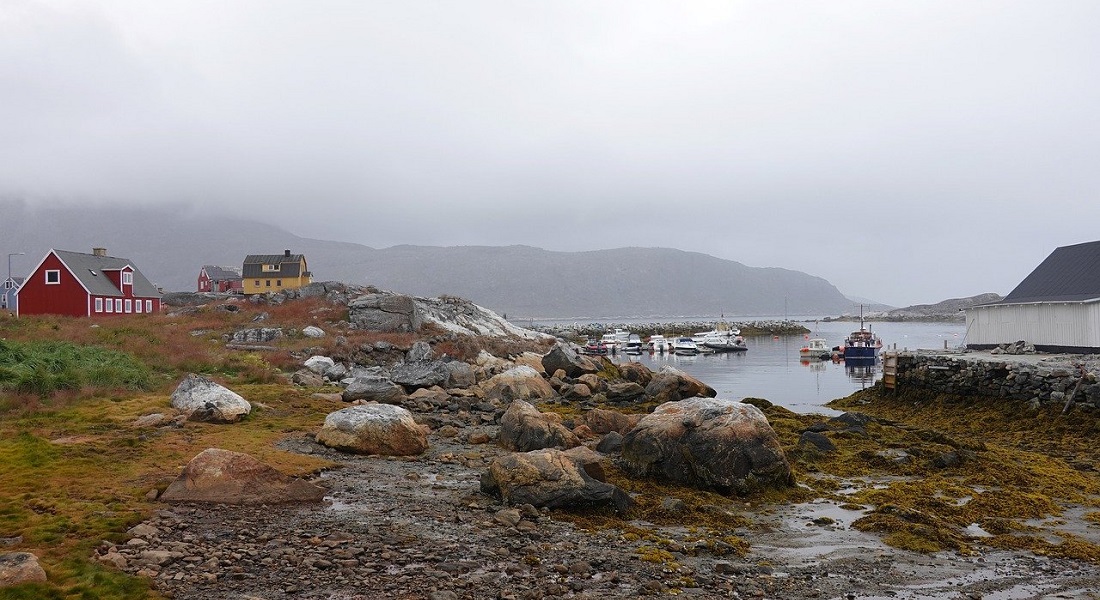The Future Constitutional Arrangements

The Future Constitutional Arrangements
Natuk Lund Olsen
Abstract
Greenland currently has a Self-Rule agreement with the Danish Realm. Historically the connection between Greenland and the Danish Realm originated with Hans Egede who was a Danish-Norwegian missionary. He arrived in Greenland on July 3, 1721 to rechristen the Norse, although he never found them. Instead, his purpose became to missionary among the Inuit living in Greenland. Even though Greenland and Denmark in various ways are non-comparable, Greenland is an island in the Arctic and 52 times bigger than Denmark with a distance of approximately 3500 km between the two places, the connection has remained.
Hans Egede’s arrival have led to over 300 years with various statuses, as a Danish colony, having a Home rule and Self rule agreement with the Danish Realm. On November 21 2016, the former parliament voted for establishing a Greenlandic constitutional commission. The purpose with the commission is to prepare a proposal for Greenland’s constitution as independent state.
The commission was established in April 2017- however, I will present an overview of the Greenland’s political development.
Speaker bio
Natuk Lund Olsen is the head of the Department of Constitution placed in Prime Minister’s office at the Government of Greenland. The division have a focus on Greenlandic Self-Government Act, constitution, independence, self-determination and the areas, which are still governed from Denmark. While she is the chair of the Greenlandic Agricultural Council and affiliated to University of Greenland with her PhD dissertation which have this title: The Meaning of Kalaalimernit: Greenlandic foods, Cultural Identity and Changes. She will hand it in 1-8-2022.
She has studied political history at Århus University, where she gained interest in the development of Greenlandic political capital, which resulted in her thesis about the Greenland becoming part of the Danish Realm.
Sune Klinge
Abstract
Building on the historical relationship, the legal sources publically available from the Constitutional Commission will be discussed with a focus on who is participating in the work, the claims for legitimacy and the inclusion of the people.
By analysing the proposed topics of the constitution and drawing on legal comparative analysis, we will reflect on the proposed human rights catalogue in light of modern constitution-making and the Inuit cosmology and the possible steps towards more independence.
Speaker bio
Sune Klinge is an assistant professor, tenure track, at Centre for European and Comparative Legal studies (CECS) with primary focus on European Constitutional Law and Danish Constitutional Law; among other things researching the relationship between Denmark, Greenland and the Faroe Islands. Sune is also teaching EU law at the University of Greenland, Ilisimatusarfik.
Click here to register for the event.
See a list of all the seminars in the CECS Seminar Series for Spring 2022.
